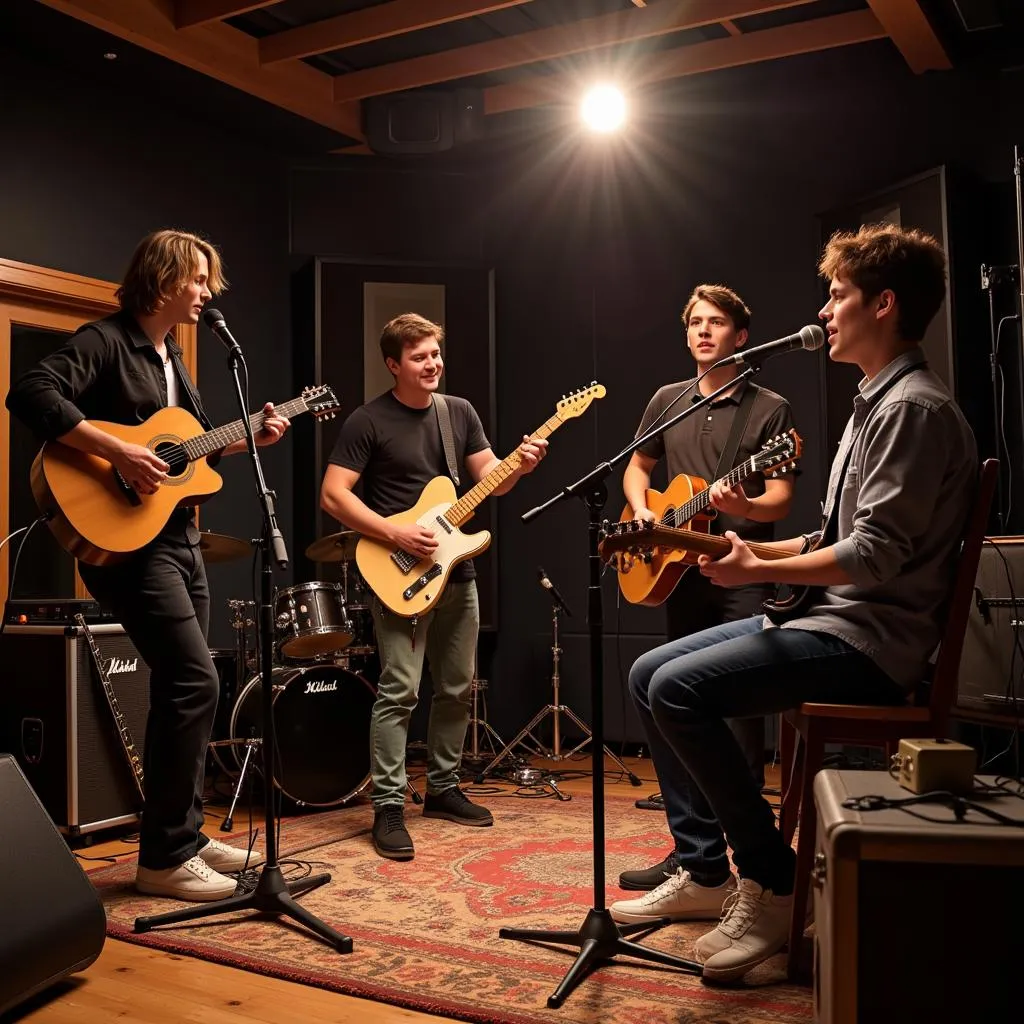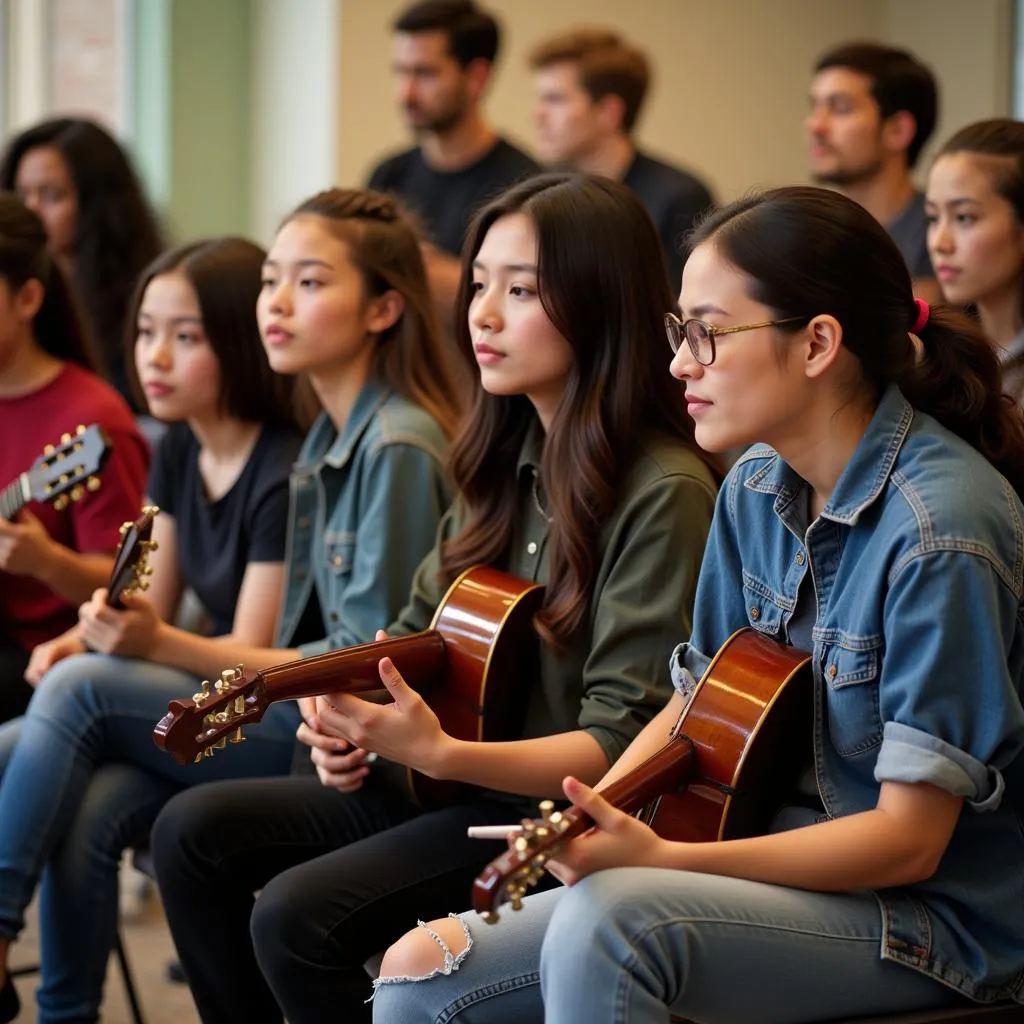From the legendary hip-hop duo Outkast to the trap beats echoing through Atlanta’s streets, Georgia has earned its place as a breeding ground for rap music and culture. But how does this vibrant rap community influence the social fabric of the state? It’s a complex question with multifaceted answers, touching upon issues of identity, opportunity, social change, and cultural representation.
Shaping Identity and Expression
For many young Georgians, particularly those from marginalized communities, rap music provides a powerful platform for self-expression. It allows individuals to articulate their experiences, struggles, and aspirations in a raw and authentic way. This is especially true in a region grappling with a history of racial and economic inequality. Rap becomes a tool for empowerment, giving voice to the voiceless and challenging societal norms.
Amplifying Social Issues
Georgia’s rap community has never shied away from tackling social and political issues. Artists like Killer Mike and T.I. have used their platforms to raise awareness about police brutality, poverty, and mass incarceration, sparking dialogue and demanding justice. These lyrical narratives have the power to mobilize communities and ignite conversations about crucial societal challenges.
Economic Empowerment and Opportunity
The rise of Atlanta as a hip-hop powerhouse has brought significant economic benefits to the state. From record labels and music studios to fashion brands and entertainment companies, the rap industry has created jobs and generated revenue. This economic impact extends beyond the artists themselves, providing opportunities for producers, managers, promoters, and countless others involved in the music ecosystem.
 Georgia Recording Studio Artists
Georgia Recording Studio Artists
Cultural Exchange and Global Influence
Georgia’s rap music has transcended geographical boundaries, captivating audiences worldwide. This global reach has fostered cultural exchange, introducing the world to the unique sounds, styles, and perspectives of Georgian artists. From fashion trends to linguistic expressions, the influence of Georgia’s rap scene can be felt across continents.
Bridging Divides and Fostering Dialogue
While rap music has often been criticized for its content, it can also serve as a bridge between different communities. By sharing personal stories and perspectives, rap artists can help break down stereotypes and foster empathy. This potential for dialogue and understanding is crucial in a society grappling with divisions along racial, socioeconomic, and cultural lines.
Challenges and Criticisms
The impact of Georgia’s rap community is not without its critics. Some argue that certain subgenres of rap music glorify violence, materialism, and misogyny. Others express concerns about the portrayal of women and the use of offensive language. These criticisms highlight the importance of critical engagement with rap music and the need for artists to use their platforms responsibly.
 Georgia Community Center Youth Music Workshop
Georgia Community Center Youth Music Workshop
Looking Ahead: Shaping the Future
The rap community in Georgia continues to evolve, reflecting the changing realities of the state and the nation. As new artists emerge and established voices mature, they will undoubtedly continue to shape the cultural landscape and influence societal discourse. It’s a dynamic relationship with the potential to inspire change, empower communities, and spark important conversations about identity, opportunity, and justice.